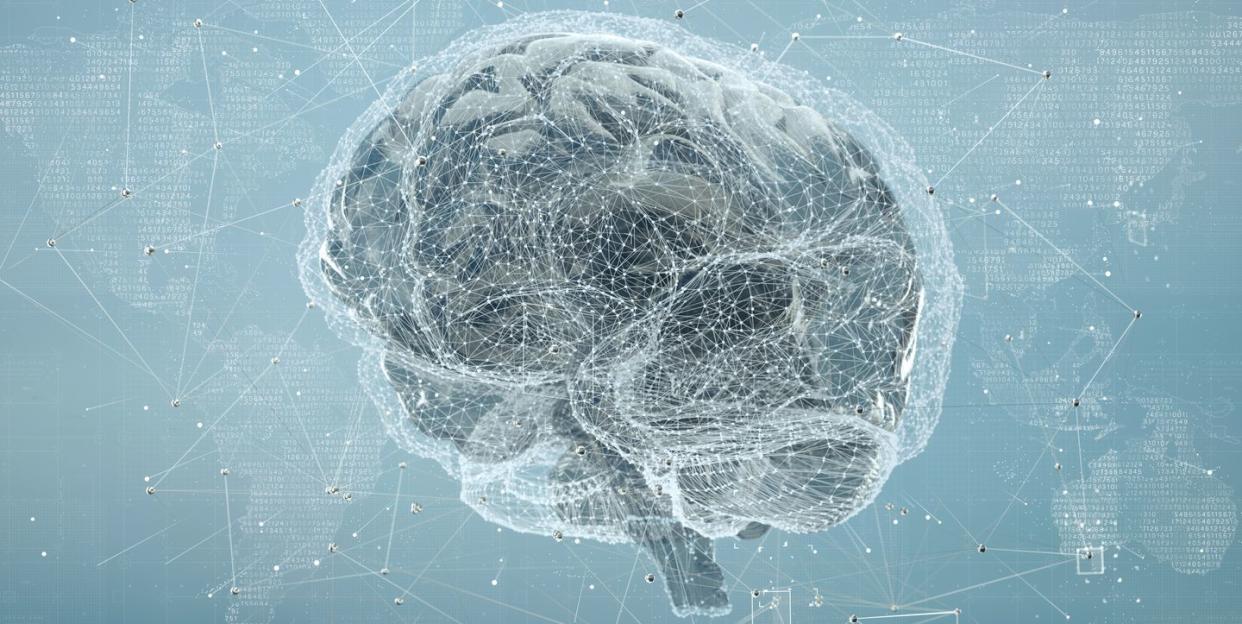This clever visualisation trick could help you fall asleep faster

A good night's sleep is the key to feeling refreshed and motivated the following morning, but it can often be a challenge to drop-off when your brain is racing with thoughts.
Researchers at the Royal Melbourne Institute of Technology University have discovered a simple trick which could help you fall asleep quicker: visualising your own brainwaves as a form of mindful meditation.
According to the scientists, mindfulness meditation may be the key to feeling fully relaxed before bed.
In the study, scientists used virtual reality headsets on students before they slept and played them a visual representation of their own brainwaves. The scientists believe that replicating this visualisation in our own heads, swapping headsets for meditation, could also be effective.
"It would be possible to achieve similar benefits by performing mindfulness meditation before sleep to move the mind away from focusing on stressors which might otherwise hinder your ability to sleep. However, the downside to this is that mindfulness meditation requires a lot of practice before its benefits can be properly felt," researcher Nathan Semertzidis explains to Fast Company.
What did the study find?
Scientists invited 12 healthy students to participate in the study by linking them to a device that measured electrical brain activity (or an EGG monitor). The students then lay down and were each given a VR headset that played an interpreted visualisation of their brainwaves.
Once the results came back, the scientists discovered that, after 10 minutes, the students had a significant drop in "pre-sleep cognitive arousal," showing that their minds were quieter and ready to fall into a deep sleep.
One of the subjects who took part in the experiment told Fast Company: "I was drifting off to worries, mainly about work, and [the change in visuals] brought me out of that."
Researcher Nathan Semertzidis said the findings suggest "the feedback loop" between the sleeper, the visualisation, and their brain "is core to the experience."
We earn a commission for products purchased through some links in this article.
Like this article? Sign up to our newsletter to get more articles like this delivered straight to your inbox.
You Might Also Like


